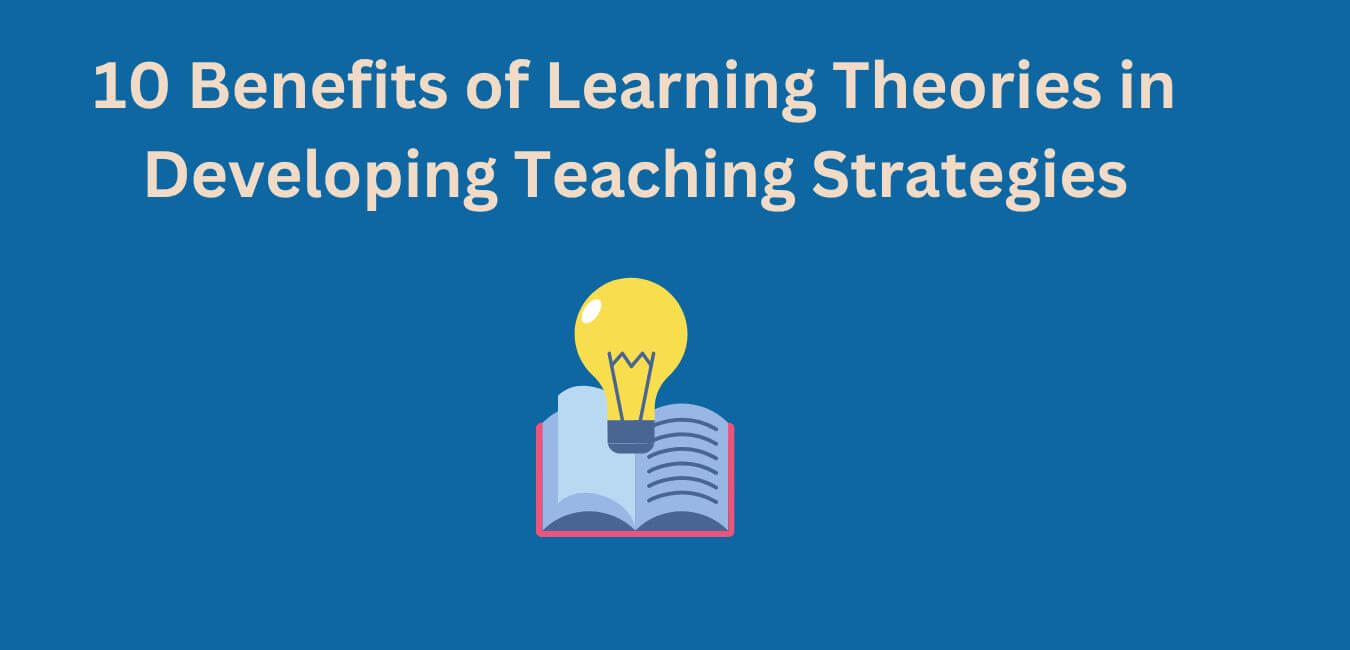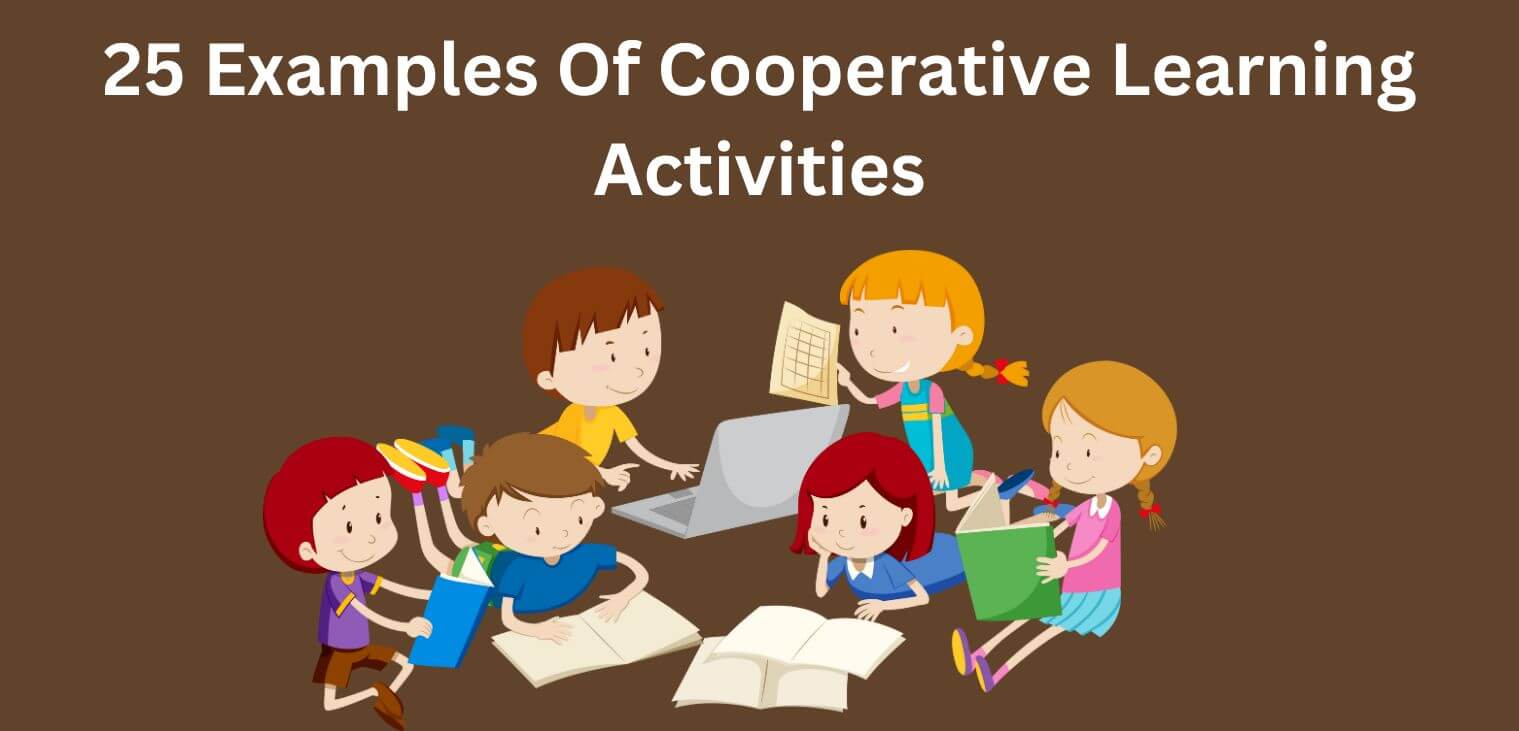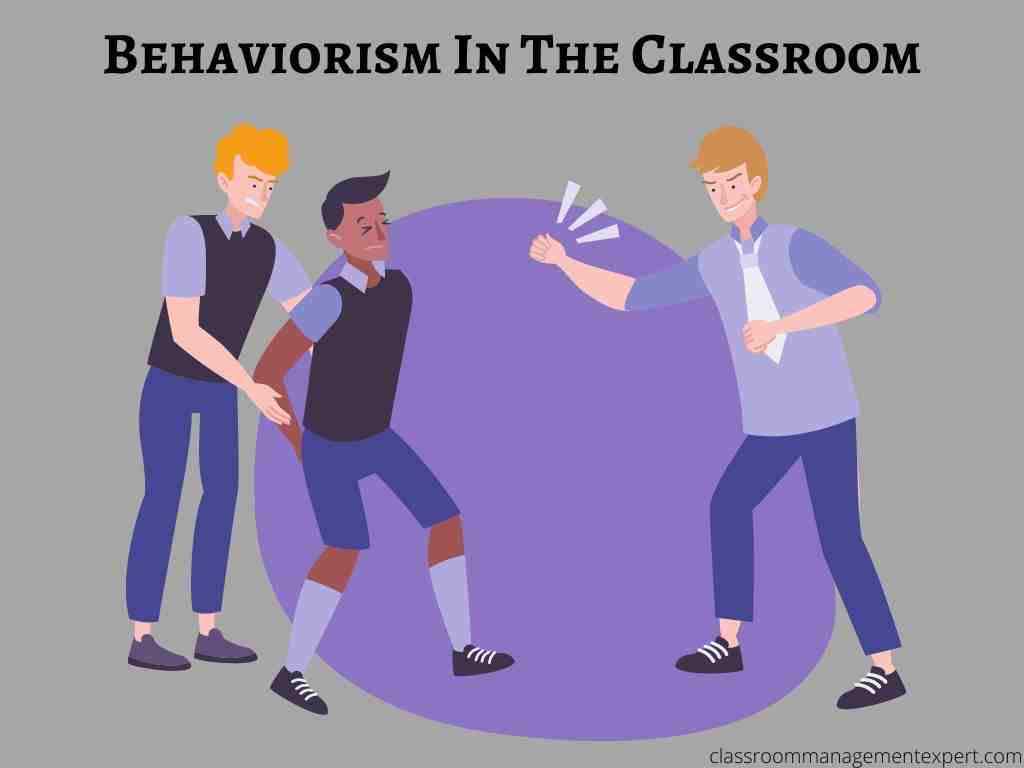Self-concept plays a crucial role in academic performance, influencing how students perceive themselves and approach their studies. A strong self-image often leads to greater engagement and resilience in the face of challenges.
When students believe in their abilities, they are more likely to participate actively in their education and confront obstacles with confidence. Conversely, a negative self-view can hinder academic progress and diminish motivation.
Understanding the connection between self-concept and success in school is essential for fostering a positive learning environment and helping students achieve their potential.
Definition of Self-Concept
Self-concept is the way we see ourselves, encompassing our beliefs, thoughts, and feelings about our identity. It significantly impacts how we navigate our lives, affecting our interactions and choices.
Reflecting on my own identity, I recognize that it’s influenced by my experiences, relationships, and core values.
Understanding self-concept is particularly important in the context of helping others. It shapes how we connect with those we aim to support. A positive self-view enables authentic and compassionate engagement, while a negative self-image can create barriers to meaningful relationships.
Cultivating a healthy self-concept not only enhances our personal well-being but also improves our ability to serve others.
Recognizing the significance of our identity allows us to foster empathy and understanding, ultimately enriching our contributions to the community. Embracing this journey of self-discovery empowers us to uplift one another.
Importance of Self-Concept
Understanding the significance of self-concept is crucial, as it profoundly influences our experiences and interactions. A positive self-image and healthy self-esteem are essential for personal development. Engaging in self-identity exploration lays the groundwork for a robust identity and a genuine sense of self-worth.
Here’s a straightforward overview of how self-concept impacts our lives:
| Aspect | Benefits | Strategies |
|---|---|---|
| Self-Image Improvement | Increases confidence and positivity | Embrace self-acceptance methods |
| Self-Esteem Development | Builds resilience and drives motivation | Implement confidence-boosting activities |
| Identity Formation | Promotes authenticity | Engage in self-reflection exercises |
Focusing on self-image improvement can lead to a significant boost in your confidence and overall positivity. Practicing self-acceptance techniques, such as positive affirmations or journaling about personal strengths, can be effective.
Developing self-esteem is vital for cultivating resilience in the face of challenges. Engaging in activities that build confidence, such as setting and achieving small goals or seeking feedback from trusted friends, can enhance motivation.
Lastly, fostering a strong identity encourages authenticity. Taking time for self-reflection—whether through meditation, deep thinking, or discussing thoughts with a confidant—can help you connect with your true self and solidify your sense of identity.
Self-Concept and Motivation
Self-concept plays a crucial role in shaping our motivation and ultimately our success. The belief we hold about ourselves greatly impacts our academic participation and overall engagement.
Understanding this relationship is vital because it allows us to tap into our potential, both individually and collectively. For instance, students who see themselves as capable learners are more likely to take on challenges and persist through difficulties, which leads to better academic outcomes.
Recognizing the power of self-belief can encourage us to foster a more supportive environment that nurtures confidence and motivation in ourselves and others.
Self-Belief and Achievement
Self-belief is crucial for achieving academic success. It shapes our confidence and influences how we approach challenges. Throughout my educational journey, I’ve come to understand that self-efficacy, or belief in our abilities, is significantly impacted by comparisons with peers and cultural expectations.
Building academic resilience is important, and one way to do this is by welcoming constructive feedback, which fosters growth rather than discouragement.
As I work on developing my self-identity, I find that my inner motivation drives my eagerness to learn and help others. This motivation is closely linked to my emotional intelligence, enabling me to handle obstacles gracefully.
Engaging in self-reflection allows me to pinpoint areas for improvement while also celebrating my accomplishments, regardless of their size.
Cultivating a positive self-image and trusting in our abilities lays the groundwork for success. This sense of empowerment not only enhances our performance but also encourages those around us.
Acknowledging the effect of self-belief on achievement can significantly alter our academic experiences, prompting us to contribute positively to our communities.
Motivation and Academic Engagement
Motivation plays a crucial role in my academic pursuits, pushing me to engage thoroughly with my coursework. I have learned that intrinsic motivation is vital for building academic resilience. When I trust in my capabilities, my confidence grows, enabling me to embrace challenges with a mindset geared towards growth. I often consider how emotional intelligence shapes my interactions in the classroom. It fosters supportive relationships that enhance the overall learning experience.
To enhance my academic engagement, I employ a variety of strategies that emphasize self-regulated learning and seek constructive feedback. This approach not only broadens my understanding but also encourages collaboration among my peers, creating a positive and supportive environment.
Here’s a concise table highlighting the key elements that influence motivation and engagement:
| Element | Description | Impact on Learning |
|---|---|---|
| Intrinsic Motivation | Internal drive to learn | Boosts persistence |
| Emotional Intelligence | Awareness of emotions | Enhances peer interactions |
| Feedback Mechanisms | Constructive responses | Guides self-regulated learning |
These elements are interconnected and play a significant role in shaping not just individual learning experiences, but also the dynamics within the classroom.
Impact on Learning Styles
Understanding self-concept is crucial in shaping our learning styles and educational approaches. When individuals grasp their academic identities, they can effectively identify their learning preferences and cognitive styles. For example, visual learners may find themselves more engaged with teaching methods that utilize images and diagrams. This awareness enhances self-efficacy, fostering resilience when faced with challenges.
In a personalized educational environment, learners can thrive by customizing their experiences to meet their specific needs. Actively engaging with peers allows for the exchange of diverse perspectives, which deepens understanding.
The educational context significantly affects how one reacts to feedback; positive reinforcement boosts motivation and encourages exploration of new strategies.
Cultivating resilience through an understanding of self-concept enables adaptability in learning styles when confronted with obstacles. Recognizing the potential for evolution in learning approaches promotes a welcoming attitude toward change.
Ultimately, a well-defined self-concept not only influences individual learning but also empowers individuals to support others, nurturing a collaborative atmosphere in educational pursuits.
Self-Concept and Goal Setting
Goal setting is a crucial aspect of personal development. It involves identifying and defining objectives that are deeply connected to how we see ourselves. These goals serve as a roadmap, directing our actions and enhancing our motivation to succeed.
When our aspirations align with our self-image, we often experience greater determination and commitment in pursuing our targets. For instance, if someone views themselves as a healthy individual, setting a goal to exercise regularly or eat nutritious meals can feel more natural and attainable. This alignment fosters a sense of purpose, driving individuals to stay on track and overcome obstacles.
Moreover, clear goals can also help in measuring progress, making it easier to celebrate achievements along the way.
Defining Personal Goals
Setting personal goals is crucial for anyone striving to enhance their academic performance and self-image. Defining personal aspirations creates a clearer roadmap to success. Engaging in goal visualization allows me to envision the accomplishments I aim to achieve, which drives my intrinsic motivation.
When I plan for the future, I break down larger goals into smaller, actionable steps. This method not only fosters academic resilience but also simplifies progress tracking. Regularly monitoring achievements enables me to celebrate minor successes, reinforcing my confidence in my abilities.
I consistently apply self-reflection techniques to evaluate how my goals correspond with my values and aspirations. This continuous assessment ensures I remain dedicated to my personal growth while making necessary adjustments to my objectives.
I also establish performance benchmarks to measure my progress in a concrete manner. These benchmarks direct my efforts and enhance my accountability.
Impact on Motivation
Motivation is a crucial factor that influences our ability to achieve goals and maintain a positive self-image. My motivation often hinges on my self-concept and the objectives I set for myself. Regular self-reflection allows me to evaluate my self-esteem and how it impacts my journey of identity exploration. This understanding enhances my intrinsic motivation, prompting me to strive for goals that align with my core values and dreams.
Building resilience is vital in how I tackle challenges. Adopting a mindset focused on achievement enables me to view setbacks as chances for growth, rather than allowing comparisons with others to diminish my self-worth. The way I receive feedback plays a significant role in this process; constructive criticism helps me adjust my goals and manage my emotions effectively.
While it can be easy to seek external validation, I work on fostering a sense of accomplishment from within. This balance is key to sustaining my motivation. When I align my self-concept with my objectives, I discover a profound sense of purpose in my academic pursuits.
Ultimately, enhancing my self-concept not only boosts my performance but also enables me to contribute positively to others, creating a beneficial impact in my community.
Social Influences on Self-Concept
Social influences significantly shape how we perceive ourselves. Reflecting on my experiences, I’ve come to understand the intricate ways that peer relationships, family dynamics, and cultural contexts contribute to my self-concept. The individuals I engage with can either enhance my self-esteem or contribute to feelings of inadequacy, highlighting the effect of social comparison.
| Influencing Factors | Impact on Self-Concept |
|---|---|
| Peer Relationships | Can elevate confidence or trigger insecurity |
| Family Dynamics | May offer emotional support or induce stress |
| Media Influence | Can impose unrealistic standards or motivate personal growth |
Teacher expectations play a crucial role in how we view ourselves. When educators express confidence in our abilities, it ignites our drive to succeed. Similarly, having a network of supportive friends provides a sense of community, reassuring us that we are not isolated in our experiences.
The combination of these social influences profoundly impacts our self-concept and, in turn, our academic performance. Recognizing these elements allows us to cultivate positive environments that foster self-worth and personal development. Engaging with encouraging individuals is vital, as they inspire us to contribute positively to our communities and uplift those around us.
Strategies to Improve Self-Concept
Improving self-concept is crucial for achieving academic success and fostering personal growth. Engaging in self-reflection can provide significant benefits. Setting aside time to evaluate my strengths and weaknesses gives me clearer insights into my identity.
Keeping a journal allows me to process my thoughts, gain understanding, and acknowledge my accomplishments, regardless of their size.
Another useful technique I’ve adopted is practicing positive affirmations. Speaking kindly to myself daily can transform my mindset and help build a more positive self-image. I often remind myself with phrases like, “I am capable,” or “I can tackle challenges,” which boosts my confidence in facing academic hurdles.
Moreover, surrounding myself with encouraging people who motivate and inspire me has a profound impact. Being part of a community with shared goals creates an atmosphere where we can all support each other’s growth.
Integrating these strategies into my daily life has enhanced my self-concept and led to greater academic achievements. I recommend considering these practices; they can genuinely change your perspective and enhance your potential.
Long-Term Effects on Performance
Understanding the long-term effects of self-concept on performance is crucial for personal and academic growth. A strong self-concept not only enhances immediate academic results but also significantly influences future opportunities and well-being. As I work on developing my identity and boosting my self-esteem, I notice that my academic efforts extend beyond the classroom, positively affecting many areas of my life.
Self-concept has a profound impact on various aspects of performance, as illustrated below:
| Area of Impact | Short-Term Effects | Long-Term Benefits |
|---|---|---|
| Academic Achievement | Improved grades | Higher educational attainment |
| Career Opportunities | Increased motivation | Expanded professional network |
| Personal Relationships | Enhanced social skills | Stronger, lasting connections |
| Emotional Well-Being | Reduced anxiety | Greater resilience |
Investing in my self-concept is not just about preparing for exams; it’s about creating a solid foundation for a rewarding future. The confidence I cultivate now equips me to contribute more effectively to others later. Recognizing that the steps I take toward developing my identity are meaningful encourages me to appreciate the journey as much as the outcomes. This mindset fosters my growth, enabling me to excel both academically and personally.
Conclusion
The relationship between self-concept and academic performance is significant and can greatly influence a student’s journey. A positive self-concept fosters confidence, enabling individuals to face academic challenges head-on. When students have faith in their abilities, they are more inclined to stay engaged and motivated in their studies. This belief system encourages goal-setting and perseverance, which are crucial for success not only in academics but in life overall. Nurturing a strong self-concept can lead to better outcomes, as it empowers individuals to pursue their ambitions with determination and resilience.















Leave a Reply